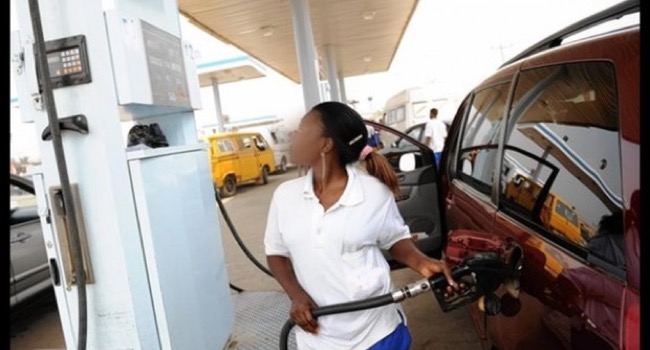Business
We no longer fix fuel price –PPPRA

The Petroleum Products Pricing Regulatory Agency (PPPRA) on Sunday, insisted that it no longer fixes the price of Premium Motor Spirit (PMS) but would instead develop a guiding price for the product with which it would advise marketers on a monthly basis.
However, it stressed that it would continue to regulate the downstream petroleum industry regardless of the recent deregulation of the sector in order to prevent petroleum products marketers from exploiting consumers and also to enforce appropriate industry laws.
Saidu Abdulkadir, Executive Secretary of the PPPRA, disclosed in a statement in Abuja yesterday that the deregulation of the downstream sector would be dependent on the implementation of relevant laws by regulatory agencies.
“For the purpose of emphasis, let me reiterate that different sectors of the polity operate under the guidance of national regulators.
“The Central Bank of Nigeria (CBN) regulates the banks and other financial sectors; Nigerian Communication Commission (NCC) regulates telecommunications; National Insurance Commission (NAICOM) regulates the insurance sector and the same exists for operators in Nigeria’s downstream petroleum sector.
“To this end, it is not out of place for the Agency to provide a guiding price band with the aim to protect consumers against price gouging. It is important to also state that there is nowhere in the world that deregulation means total lack of control, supervision or oversight,” he said.
Read also: We have not given marketers freedom to determine petrol prices —PPPRA
According to Mr Abdulkadir, the PPPRA is duty-bound to provide a guiding price band by monitoring petroleum products’ prices daily, using the average price of the previous month to determine prices for the following month for appropriate cost-reflective pricing that guarantees reasonable returns to Oil Marketing Companies.
“This methodology is in line with international best practices which range from bi-monthly to monthly price reviews.
“Nigeria adopted the monthly review model considering the average duration for importation of petroleum products into Nigeria from the closest spot market; Northwest Europe (NWE) to West Africa (WAF) is about 30 days. This period encompasses the Import Financing Process to delivery at retail outlets,” he said.
He assured that the new pricing regime would motivate fuel marketers to resume supply of PMS, leading to further value creation in the downstream sector, employment generation, provision of reasonable returns to investors, creation of healthy competition among marketers and provision of funding for other infrastructures.
He went further to say that the PPPRA had concluded the development of Guidelines for Petroleum Products Commercial Framework and is currently drawing up code of conduct for operators in the new pricing regime.
Join the conversation
Support Ripples Nigeria, hold up solutions journalism
Balanced, fearless journalism driven by data comes at huge financial costs.
As a media platform, we hold leadership accountable and will not trade the right to press freedom and free speech for a piece of cake.
If you like what we do, and are ready to uphold solutions journalism, kindly donate to the Ripples Nigeria cause.
Your support would help to ensure that citizens and institutions continue to have free access to credible and reliable information for societal development.
























